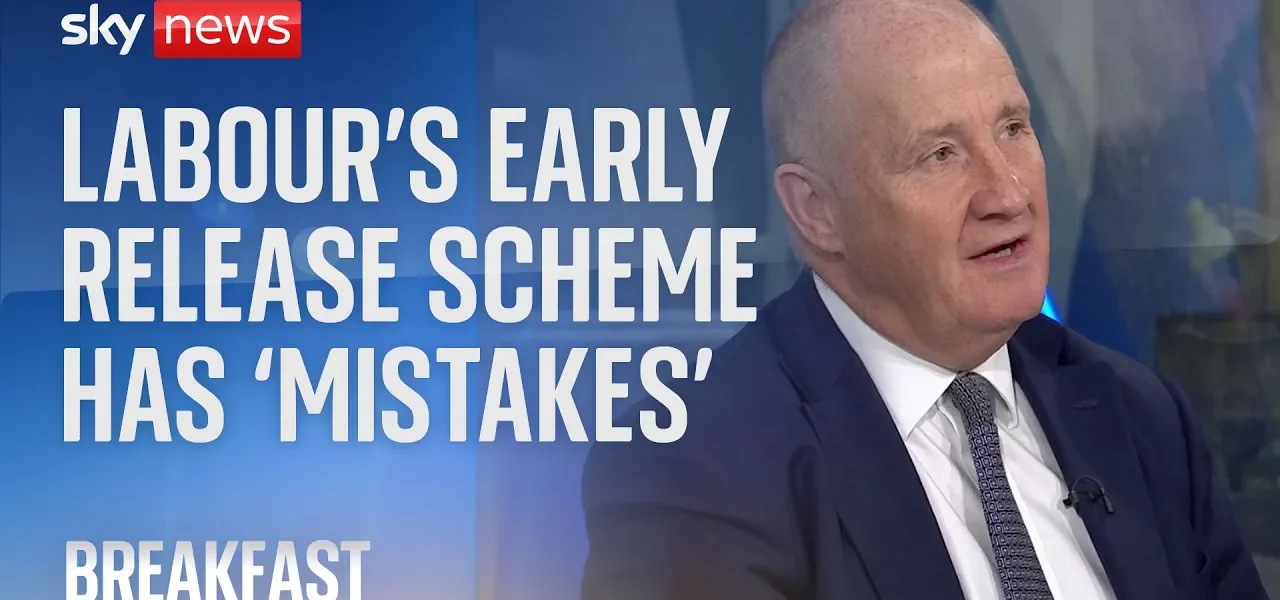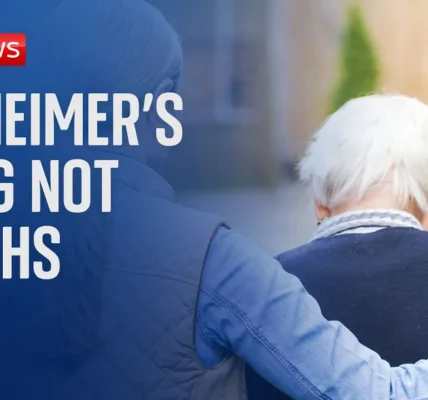Prison Crisis and Government Responsibility: An In-Depth Analysis

This article delves into the current crisis in prisons, the role of government in addressing the issue, and the implications of recent policy changes, particularly focusing on the responsibilities of the Labor government and the effects of employment rights legislation.
Introduction
The prison system in the UK is facing unprecedented challenges, characterized by overcrowding and a significant rise in the prison population. This situation has prompted serious discussions about governmental responsibilities, policy effectiveness, and the future of criminal justice. With the current government under scrutiny for its handling of these issues, it is essential to explore the historical context, the impact of recent policies, and the accountability of political parties in addressing the crisis.
The Current Crisis in Prisons
As of now, the prison population in the UK has reached alarming levels. The government has made efforts to expand prison capacity but has faced numerous challenges along the way. In 2022, the government aimed to deliver 20,000 additional prison places with a substantial investment of £4 billion. However, only 6,000 of these places have been delivered, raising questions about the government’s commitment and effectiveness.
Challenges Faced by the Government
- COVID-19 Pandemic: The pandemic significantly delayed construction efforts, limiting the ability to create new prison spaces.
- Supply Chain Issues: Post-pandemic supply chain disruptions hindered the timely delivery of materials necessary for prison construction.
- Political Accountability: With the shift in government, the current administration is now responsible for the delivery of promised prison places.
Government Accountability and the Role of Labor
The responsibility to manage the prison crisis now falls on the Labor government, which must address the shortcomings of its predecessors while formulating its path forward. Criticism has emerged regarding the early release of prisoners and the potential risks associated with such decisions.
Early Prisoner Releases
The government has resorted to releasing prisoners early, a practice that has raised public safety concerns. Notably:
- Some released individuals posed a danger to society, with 37 being released by mistake.
- There is apprehension about releasing long-term prisoners who may have served sentences of five years or more.
- Labor must ensure that public safety remains a priority while managing prison populations effectively.
Implications of Employment Rights Legislation
The recent Employment Rights Bill introduced by the government aims to address exploitative work practices such as zero-hour contracts. While intended to strengthen worker protections, there are serious concerns regarding its impact on small businesses.
Concerns for Small Businesses
- Financial Burden: The bill could impose an estimated £5 billion cost on small businesses, amounting to roughly £3,000 per business annually.
- Job Security: One in five employers surveyed indicated that they might cut jobs in response to the new regulations.
- Litigation Risks: The ability for employees to take legal action from day one of employment raises the stakes for small business owners.
Balancing Trade Union Powers
Another critical aspect of the Employment Rights Bill is the new powers granted to trade unions, which have raised concerns about their potential impact on the economy.
Historical Context and Current Perspectives
Historically, the UK experienced significant turmoil in the 1970s due to the unchecked power of trade unions, leading to strikes and economic instability. The current legislation appears to replicate some of these issues:
- Trade unions may gain unprecedented access to private sector businesses.
- There are no minimum thresholds for union representation, which could complicate employer-employee relations.
- Concerns persist about the potential for trade unions to disrupt business operations.
Conclusion
The crisis in the UK prison system is a pressing issue that requires immediate attention and action from the government. With the challenges posed by rising prison populations, the implications of employment rights legislation, and the need for a balanced approach to trade union power, it is crucial for the current administration to step up and deliver on its promises. The public safety must remain paramount as the Labor government navigates these complex issues. It is essential for citizens to stay informed and engaged, holding their leaders accountable for the future of justice and employment in the UK. For more insights into government policies and their impacts, explore our related articles on legal reforms and public safety initiatives.
“`




